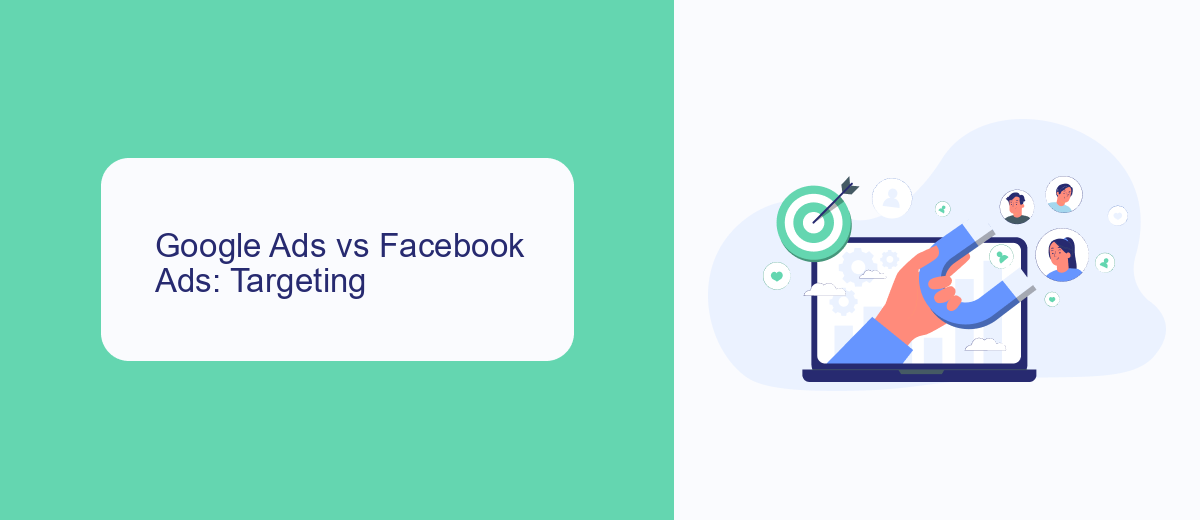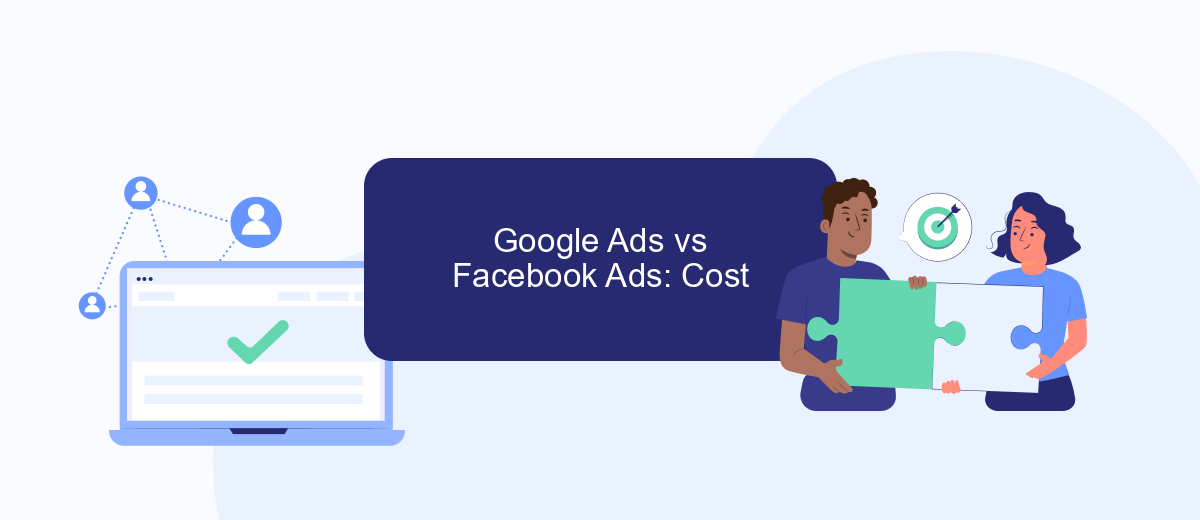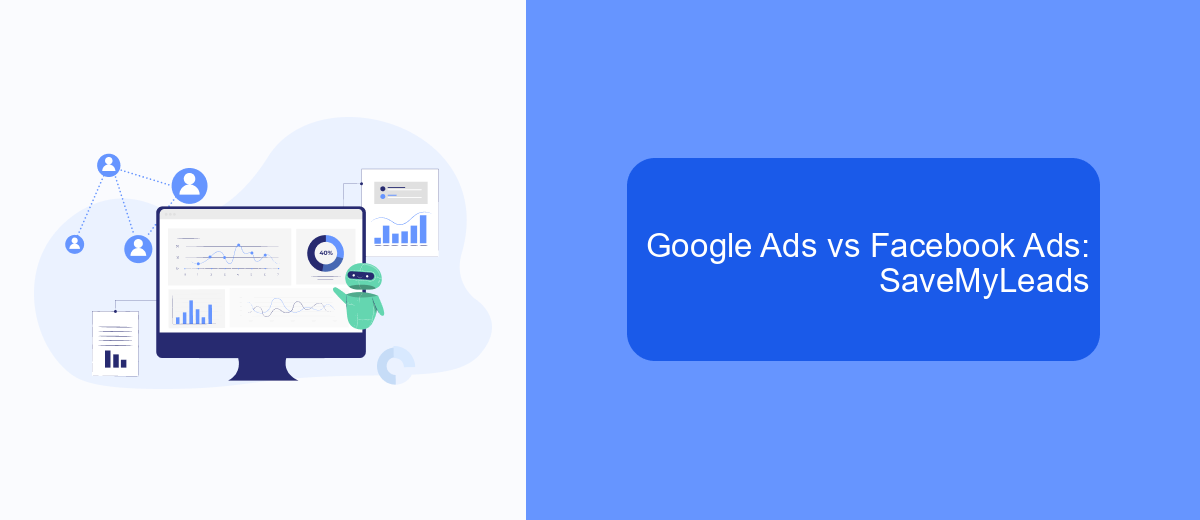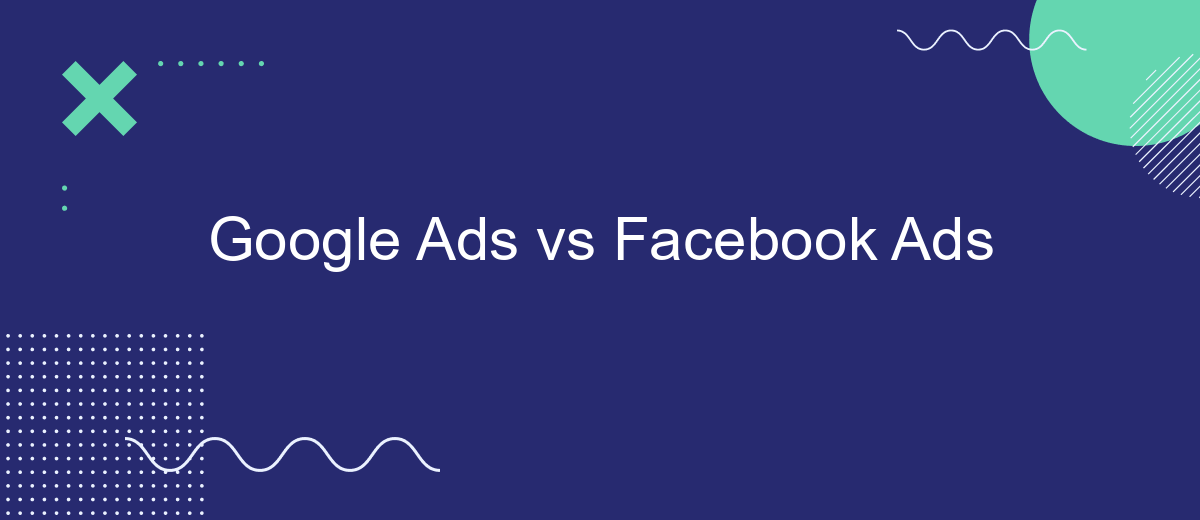In the ever-evolving landscape of digital marketing, businesses are constantly seeking the most effective platforms to reach their target audiences. Google Ads and Facebook Ads are two giants in this arena, each offering unique advantages and features. This article explores the strengths and weaknesses of both platforms, helping marketers make informed decisions on where to invest their advertising dollars for maximum impact.
Google Ads vs Facebook Ads: Overview
When it comes to online advertising, businesses often find themselves choosing between Google Ads and Facebook Ads. Both platforms offer powerful tools for reaching potential customers, but they serve different purposes and excel in distinct areas. Google Ads, a pay-per-click service, is ideal for businesses looking to capture demand by targeting users who are actively searching for specific products or services. In contrast, Facebook Ads are designed to generate demand by reaching users based on their interests and behaviors, even if they are not actively searching for a product.
- Audience Targeting: Facebook excels with detailed demographic and interest-based targeting.
- Ad Formats: Google offers text-based ads, while Facebook provides visually engaging formats.
- Intent: Google captures active search intent; Facebook focuses on passive engagement.
- Cost: Both platforms offer flexible budgeting, but costs vary based on industry and competition.
Ultimately, the choice between Google Ads and Facebook Ads depends on a business's specific goals and audience. For those seeking immediate visibility and targeting search intent, Google Ads is a strong choice. Meanwhile, Facebook Ads are effective for building brand awareness and engaging with a broader audience. Some businesses find success using a combination of both platforms to maximize their reach and impact.
Google Ads vs Facebook Ads: Targeting

When comparing Google Ads and Facebook Ads, targeting is a critical aspect to consider. Google Ads primarily focuses on keyword-based targeting, allowing advertisers to reach users actively searching for specific products or services. This intent-driven approach enables businesses to target potential customers at the right moment in their buying journey. Additionally, Google Ads offers demographic targeting, location targeting, and device-specific targeting, providing a range of options to refine audience reach. These features make Google Ads an excellent choice for businesses aiming to capture high-intent leads.
On the other hand, Facebook Ads excels in audience-based targeting, utilizing the platform's vast user data. Advertisers can target users based on interests, behaviors, demographics, and even life events. This allows for highly personalized ad experiences, reaching users who may not be actively searching but are likely to be interested in the offerings. Moreover, Facebook Ads' integration with services like SaveMyLeads can streamline the process of capturing and managing leads, enhancing the overall effectiveness of campaigns. By leveraging these advanced targeting options, businesses can create engaging ads that resonate with their target audience on a more personal level.
Google Ads vs Facebook Ads: Cost

When comparing the costs of Google Ads and Facebook Ads, it's essential to understand that pricing varies based on several factors, including industry, target audience, and ad quality. Both platforms operate on a pay-per-click (PPC) model, but their cost structures and strategies differ significantly. Google Ads typically focuses on keyword bidding, which can lead to higher costs in competitive industries. Meanwhile, Facebook Ads often provide cost-effective options for reaching specific demographics through its advanced targeting capabilities.
- Google Ads: Costs are primarily determined by keyword competition, quality score, and bidding strategy. High-demand keywords can become expensive.
- Facebook Ads: Costs depend on audience targeting, ad placement, and engagement rates. It's generally more affordable for niche markets.
In conclusion, the choice between Google Ads and Facebook Ads should be based on your business goals and budget. Google Ads might be more suitable for businesses seeking immediate visibility on search engines, albeit at a potentially higher cost. Conversely, Facebook Ads are ideal for engaging specific audiences through detailed targeting, often at a lower price point. It's crucial to evaluate both platforms to determine which aligns best with your marketing objectives and financial resources.
Google Ads vs Facebook Ads: SaveMyLeads

When it comes to online advertising, businesses often find themselves choosing between Google Ads and Facebook Ads. Both platforms offer unique advantages and cater to different marketing needs. Google Ads is renowned for its expansive reach and intent-driven search advertising, while Facebook Ads excels in audience targeting and social engagement.
SaveMyLeads provides a seamless solution for businesses looking to integrate their advertising efforts across both platforms. By automating lead data transfer, SaveMyLeads ensures that businesses can efficiently manage and analyze their campaigns without the hassle of manual data entry.
- Automates data transfer between Google Ads and Facebook Ads.
- Reduces manual effort and minimizes errors.
- Enhances campaign performance tracking and analysis.
- Facilitates better decision-making with real-time data insights.
In conclusion, while Google Ads and Facebook Ads each have their strengths, utilizing a tool like SaveMyLeads can help businesses maximize the potential of both platforms. By streamlining data management and enhancing workflow efficiency, SaveMyLeads empowers marketers to focus on strategic growth and achieving their advertising goals.
- Automate the work with leads from the Facebook advertising account
- Empower with integrations and instant transfer of leads
- Don't spend money on developers or integrators
- Save time by automating routine tasks
Google Ads vs Facebook Ads: Best choice
When choosing between Google Ads and Facebook Ads, it's crucial to consider your business goals and target audience. Google Ads excels in capturing intent-driven searches, making it ideal for businesses looking to reach potential customers actively searching for their products or services. Its expansive reach across Google's search and display networks allows for a broad audience targeting. On the other hand, Facebook Ads shine in demographic and interest-based targeting, making it perfect for businesses aiming to build brand awareness and engage with a specific community. The platform's rich media formats and extensive user data make it a powerful tool for storytelling and engagement.
For businesses seeking seamless integration of advertising efforts, tools like SaveMyLeads can be invaluable. This service simplifies the process of connecting Google Ads and Facebook Ads with various CRMs and other platforms, ensuring that leads are efficiently managed and nurtured. Ultimately, the best choice depends on your specific marketing objectives, budget, and the nature of your products or services. A strategic combination of both platforms might often yield the best results, leveraging the strengths of each to maximize reach and conversion.
FAQ
What are the main differences between Google Ads and Facebook Ads?
Which platform is better for a small business with a limited budget?
Can I run both Google Ads and Facebook Ads simultaneously?
How can I measure the success of my ad campaigns on both platforms?
What are the best practices for optimizing ad performance on Google Ads and Facebook Ads?
Would you like your employees to receive real-time data on new Facebook leads, and automatically send a welcome email or SMS to users who have responded to your social media ad? All this and more can be implemented using the SaveMyLeads system. Connect the necessary services to your Facebook advertising account and automate data transfer and routine work. Let your employees focus on what really matters, rather than wasting time manually transferring data or sending out template emails.

